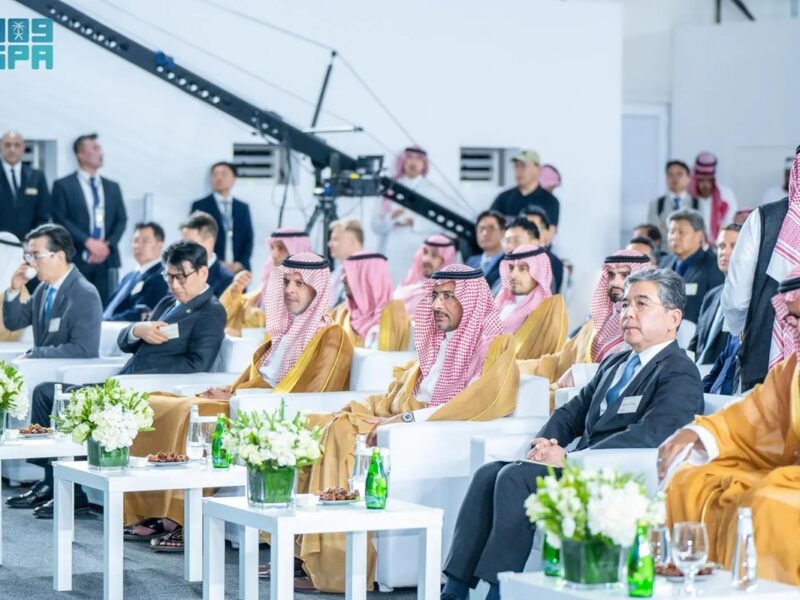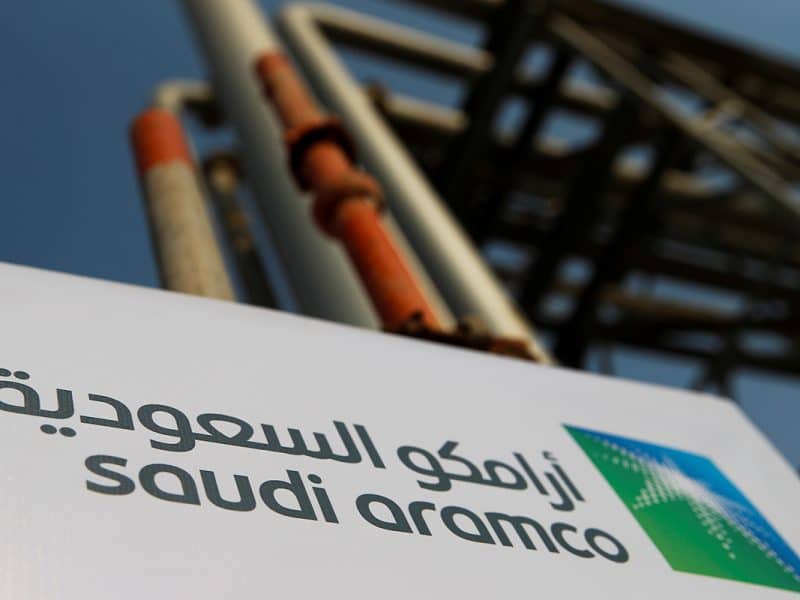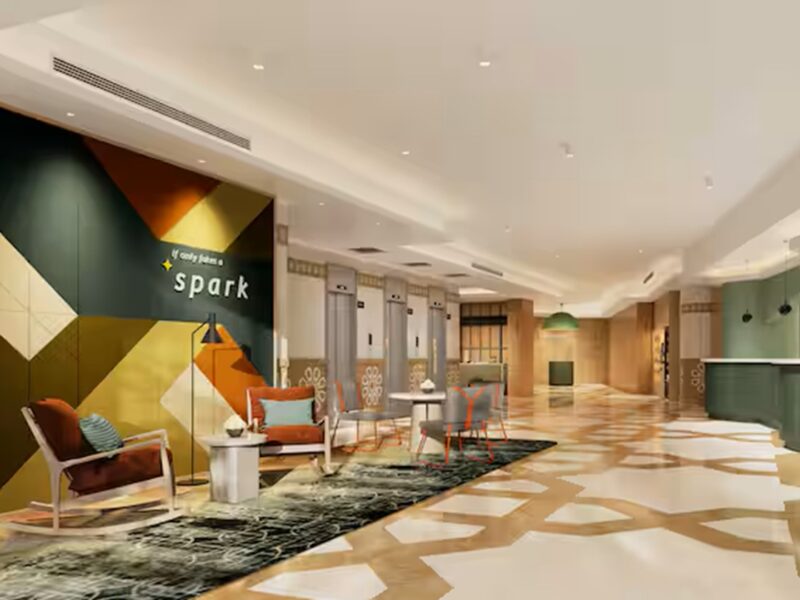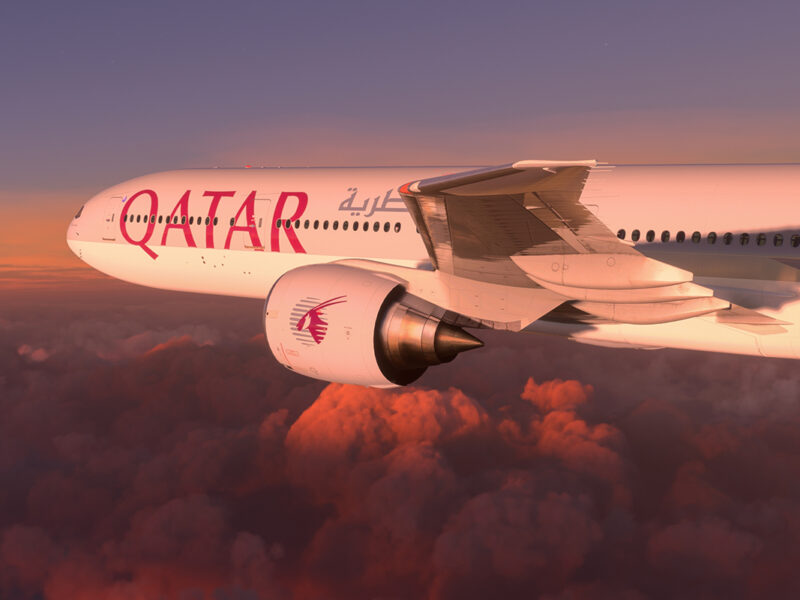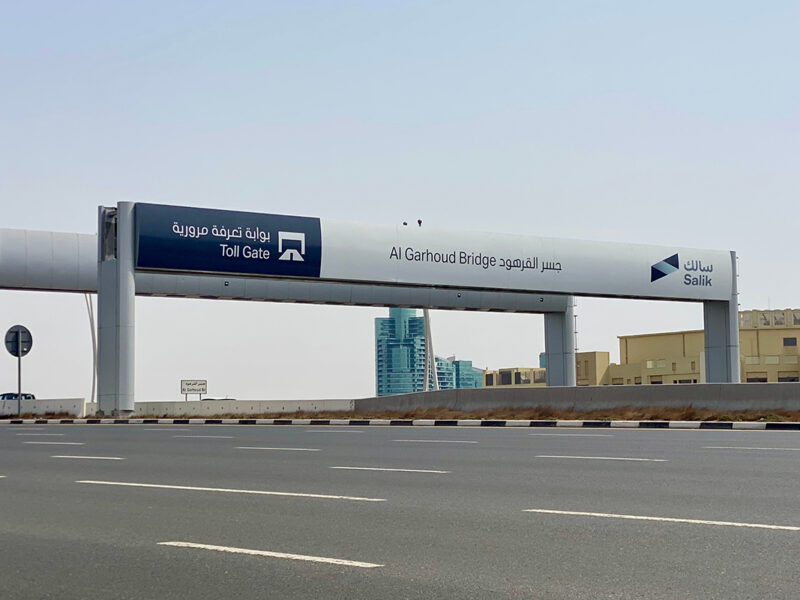Twenty years ago Patrick Crosbie established his first SME business in London. The process took a couple of days and cost £60 ($92.50), which he recalls being significant for the small tech start-up he established. By the end of a week he had the company confirmed, a bank account opened and a VAT number from the tax office. Being Irish he didn’t need a UK visa, and there was no requirement for an office. Like many start-up companies he planned global domination from a spare room.
He reflects on this experience because following relocation to the UAE eight years ago he set up his first free zone licence at the RAK Free Zone, and then a couple of years later moved the business onshore to set up a DED (Dubai Economic Department) trade licence with an office in Dubai Investments Park. Establishing both businesses gave a contrasting experience of creating a legal entity with the paperwork and costs being very different to that first company back in London. A further four years working at one of the country’s best known company formation businesses gave him the view from the other side of the desk, gaining first-hand experience of how the free zone model (and required procedures) operates in the Middle East.
Choosing a free zone or onshore company licence
For many businesses entering the regional market, their first consideration may be to consider whether to locate their company within a free zone or to work with a local partner / service agent and set up onshore. In the UAE the option of setting up outside of the free zone comes with the obligation of working with a local Emirati partner, giving up 51 percent equity in the business if it’s a trading company. While this is a well-established practice, people new to the region can be alarmed at this enforced business sponsor and majority shareholder clause.
Free zone businesses don’t have this issue as companies registering in a free zone can retain 100 percent ownership of their company and still benefit from the tax free trading environment. Working with a local partner can be a great investment for companies, the right partner can give you access to their network of contacts and clients immediately, short-cutting your time to breakeven and profitability. However, finding the perfect local partner is not always easy, and working with an established company formations consulting firm gives new business owners access to both company set up services and pre-qualified company sponsors.
Stuart Curtis, Partner at The Synergy Group, says: “Choosing the right jurisdiction for your business is paramount to your business success and getting this right from the start can avoid you the hassle of having to change or modify your licence later on.
“Each jurisdiction has its pros and cons but if you use the rule of thumb that says you should be based in the jurisdiction where you do the majority of your business you are on the right track. When setting up a business, cost becomes a huge factor but should not be the only factor as we find that this tends to drive businesses to set up incorrectly initially just to get a licence and a couple of visas which sometimes if not done so correctly can do the new business more harm than good.
“That being said, there are now many more options than there were just a few years ago and licences like those available to freelancers and design professionals. When setting up a business it can almost appear like there are too many options and the idea of having a local partner does not appeal to everyone, and not everyone needs one, for example, when you set up a professional licence or in a free zone. That’s why it is fundamental when setting up a business that you seek independent advice from a specialist form that can advise you correctly from the outset.”

Picking the right free zone for your business
The first free zone in the UAE was established in 1985 by HH Sheikh Rashid Bin Saeed Al Maktoum in Jebel Ali port. The stunning success of JAFZA (Jebel Ali Free Zone Authority) set the template for the development of the numerous free zone authorities that now exist in Dubai, Abu Dhabi and the Northern Emirates. With close to 50 free zones established in the UAE, how do entrepreneurs decide where to locate their business?
As with all business decisions, cost is a key component of such a decision. For small businesses that don’t require, or don’t have the budget to invest in a full-time office space, there’s a number of licensing options that give access to business centres. The most aggressively priced options at this end of the market have usually come from some of the Northern Emirates and their Dubai or Abu Dhabi-based agents. In recent years, similar options have become available from the bigger Dubai-based jurisdictions. Free zones such as DMCC, Dubai South and even Dubai Media City offer trade licences and visa packages that are attractive for small start-up companies or boutique consulting businesses.
In many cases the deciding factor in selecting the free zone for your business can be a legal one. For companies that operate in financial services or banking, the type of license required to operate will only be available from DIFC (Dubai International Financial Centre), with ADGM (Abu Dhabi Global Market) providing a similar jurisdiction in the capital. Importing and logistical companies will want to be based in JAFZA or Dubai South (the free zone formerly known as Dubai World Central), while commodity traders will be at home in DMCC (Dubai Multi Commodities Centre).
Both DMC (Dubai Media City) and DIC (Dubai Internet City) are examples of free zones that don’t have a legal requirement to be based there, but provide clusters of companies from the same industry to give the advantage of having your entire industry as neighbours. Being located in an industry cluster means you can find customers, suppliers and staff right on your doorstep. There’s also a certain cachet in being located in the primary zone for your industry.

Finding a business setup consultant for free zones
The process of setting up a free zone business has become more streamlined in recent years, but it still requires a high degree of know-how to get the paperwork in order, and to know where to start the process. Some of the free zones (such as DMCC) have invested heavily in Salesforce CRM to make the paperwork processing run smoother, and prospective clients can even use their website to apply online and upload the required documents.
If someone prefers to speak to a consulting firm rather than going directly to a specific free zone, there are many, many vendors in the market that specialise in business set up. However, it is advisable to seek experienced businesses who have been operating for a while as some of these businesses come and go and offer varying levels of expertise.
Businesses such as Synergy Group or Virtuzone have stood the test of time, and have the experience of setting up thousands of trade licences and visas. In many cases, handing over the free zone set up process to an external consultant can save you from running around in circles and even from selecting the incorrect type of trade licence for your type of business.

The development of free zones in the region
There seems to be no end to the development of more free zone options in the region. Here in Dubai the new Design District (D3) opened in 2013 to cater for the design and luxury fashion brands. The ongoing success of the free zone concept in the UAE has been recently reflected in one of Dubai’s best-known hubs, DMCC being awarded the Global Free Zone of the year award.
The free zone concept has been instrumental in the ongoing diversification and success of the Emirates of the UAE, and it’s likely that this model will continue and evolve into the future. With 20,000 companies in the UAE free zones alone, it shows that foreign investors have confidence to enter the market safe in the knowledge that their businesses are secure and ideally placed for long-term growth.
About the author: Patrick Crosbie (pictured below) is the founder and managing director of Tenacre, a Salesforce.com consulting firm that helps businesses in Dubai to get up and running with CRM and marketing automation tools.
Based in Dubai since 2007, he has held MD or GM positions at three other businesses prior to establishing Tenacre, including four years with company formation consultants, Virtuzone. His experience of helping companies to establish their trade licences as well as setting up his own businesses gives him a unique insight into the free zone model in the region.


